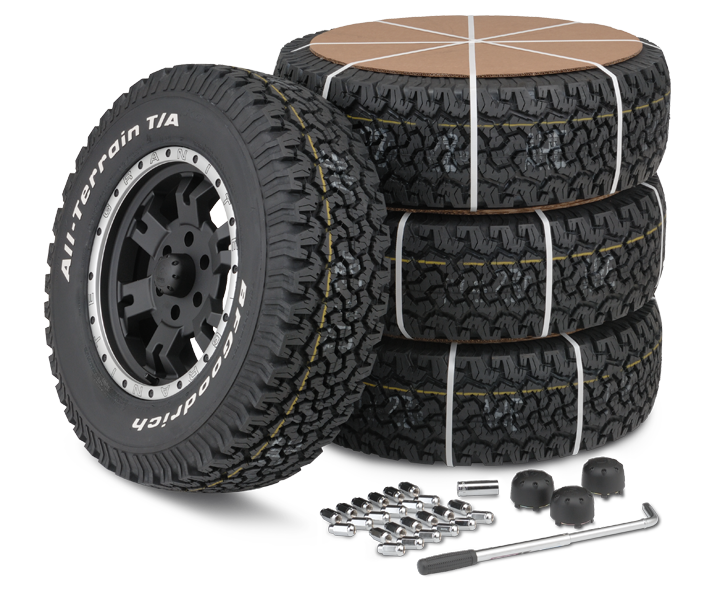Tire Service: Understanding Tire Stress Tracking Systems
Recognizing Tire Stress Tracking Equipments (TPMS) is an important aspect of maintaining ideal lorry performance and safety on the roadway. With developments in automotive modern technology, TPMS has become a conventional feature in modern-day cars, supplying real-time info on tire stress levels.

Relevance of TPMS
The value of Tire Stress Tracking Solutions (TPMS) lies in their capacity to boost car safety and efficiency via real-time monitoring of tire stress levels. Maintaining the correct tire pressure is essential for making sure ideal handling, braking, and overall safety and security of an automobile. TPMS offers drivers with prompt feedback on any type of underinflated or overinflated tires, enabling timely changes to be made.
Parts of TPMS
Comprising different crucial aspects, a Tire Stress Monitoring System (TPMS) works as an innovative safety and security feature in modern cars. The major parts of a TPMS consist of sensors, a control module, and a warning indication. Sensors are usually situated in the tire shutoff stem or affixed to the wheel setting up, where they measure tire pressure and transfer data to the control component. If it finds dramatically reduced stress in any of the tires, the control component procedures this details and triggers a caution. The caution indication, commonly a sign on the control panel, notifies the chauffeur to examine the afflicted tire or tires. Some progressed TPMS versions also display the real tire pressure readings for each tire, providing drivers with real-time information to ensure optimum tire efficiency and security. By checking tire stress constantly, TPMS assists prevent crashes, minimizes tire wear, and improves gas performance, making it a crucial element for vehicle safety and security and performance.
Kinds of TPMS

On the other hand, indirect TPMS depends on the vehicle's wheel speed sensors to check tire stress. This system discovers underinflation by contrasting the rotational rates of the wheels. Indirect TPMS is much less pricey than straight TPMS, as it uses existing sensing units within the automobile.
While straight TPMS supplies extra exact readings, indirect TPMS is easier in style and commonly needs much less upkeep. Both systems have their limitations and advantages, and the selection between them commonly relies on aspects such as expense, vehicle make, and personal preference. Understanding the distinctions in between these 2 kinds of TPMS can help automobile owners make notified decisions concerning tire maintenance and safety and security.
TPMS Upkeep Tips
Conduct regular checks on the tire stress degrees and contrast them with the TPMS analyses to guarantee they are consistent. During tire rotation or substitute, make sure that the TPMS components are dealt with thoroughly to avoid any type of possible damages. If the more helpful hints TPMS alerting light brightens on the dashboard, deal with the issue immediately by examining the tire stress and the total system for any faults.
Benefits of Proper Tire Stress
Preserving appropriate tire stress, as emphasized in TPMS Upkeep Tips, is important for enjoying the countless benefits associated with ideal tire pressure levels. Furthermore, proper tire stress makes sure also tire wear, prolonging the lifespan of the tires and advertising much safer driving problems. In verdict, the benefits of correct tire stress go beyond just tire durability; they incorporate boosted fuel effectiveness, boosted safety, far better vehicle performance, and total driving comfort.
Conclusion
In verdict, recognizing tire pressure monitoring systems (TPMS) is crucial for keeping optimum tire stress and guaranteeing lorry safety and security. By acknowledging the have a peek here importance of TPMS, knowing with its elements, understanding the various kinds available, sticking to correct upkeep tips, and recognizing the benefits of preserving proper tire pressure, vehicle drivers can enhance their driving experience and extend the life-span of their tires. Correct tire pressure is vital to safe and efficient car procedure.
